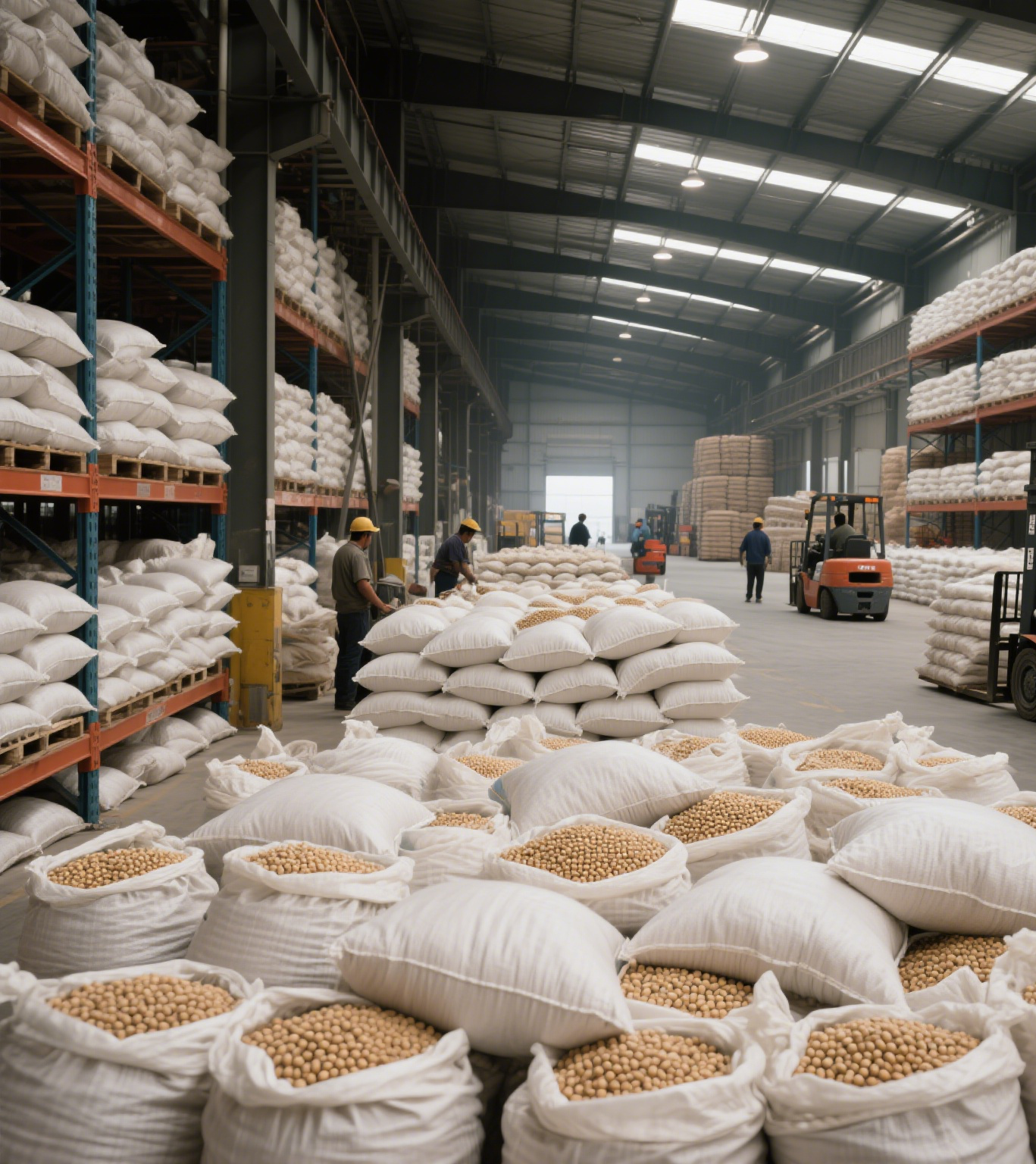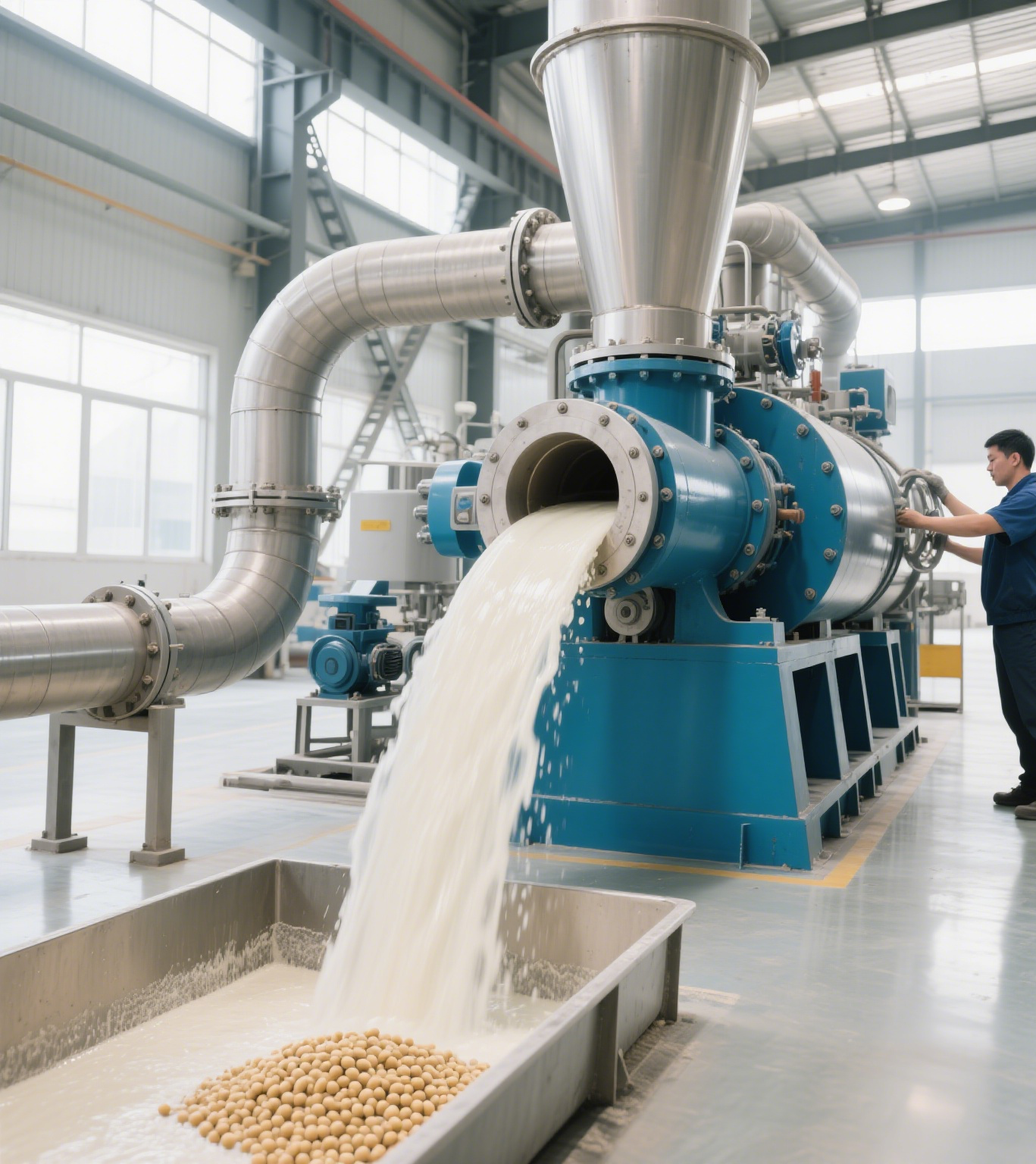quality soy protein
Quality soy protein represents a versatile and sustainable protein source derived from carefully selected soybeans through advanced processing techniques. This plant-based protein offers exceptional nutritional value, containing all essential amino acids necessary for human health. The production process involves meticulous extraction and purification steps, resulting in a protein content typically ranging from 65% to 90%. The protein demonstrates excellent functionality in various food applications, featuring superior water absorption, emulsification properties, and gel-forming capabilities. Its neutral taste profile makes it an ideal ingredient for numerous food products, while its structural properties contribute to improved texture and mouthfeel. Quality soy protein exhibits remarkable stability across different pH levels and temperature ranges, making it suitable for diverse processing conditions. The protein's versatility extends to its various forms, including concentrates, isolates, and textured proteins, each serving specific applications in the food industry. Modern manufacturing processes ensure consistent quality and functional properties, meeting strict food safety standards and regulatory requirements. This ingredient has become increasingly important in developing meat alternatives, dairy substitutes, and nutritional supplements, addressing both consumer demands for plant-based options and industry needs for reliable protein ingredients.


